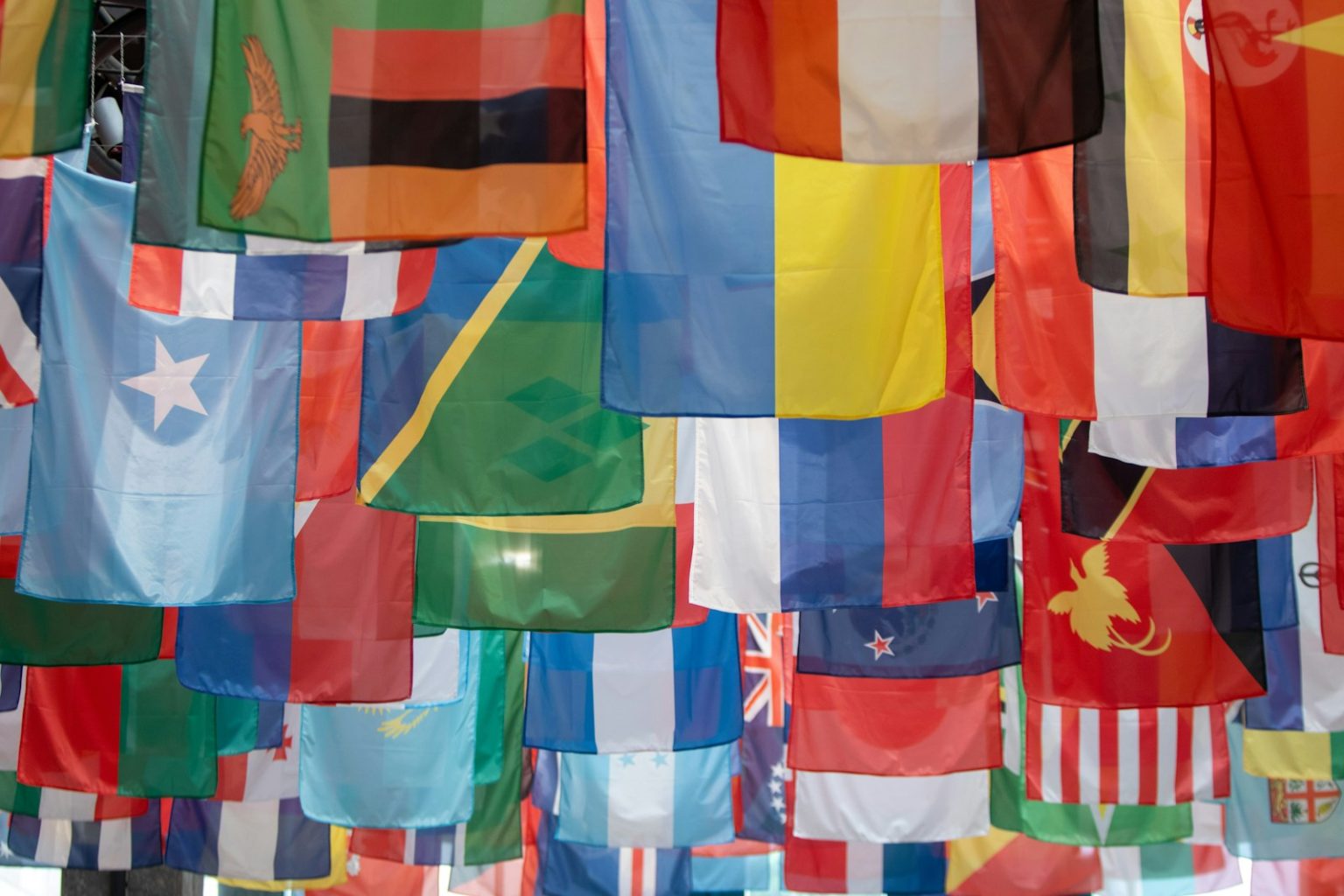The China-European Union summit has been unexpectedly reduced to a single day, signaling growing tensions between the two economic powers. This significant diplomatic development comes amid increasingly complicated relations on multiple fronts, from trade imbalances to geopolitical disagreements.
Originally planned as a multi-day event, the shortened format reflects the current state of China-EU relations, which have deteriorated in recent months. Officials from both sides confirmed the change in schedule but provided limited explanation for the reduction.
Rising Tensions and Competing Interests
The relationship between China and the European Union has faced mounting challenges over the past year. Trade disputes have emerged as a central point of contention, with European officials expressing concerns about market access barriers and what they describe as unfair competition from Chinese manufacturers.
European Commission President Ursula von der Leyen previously characterized the EU-China relationship as “simultaneously a partner, a competitor, and a systemic rival,” highlighting the complex nature of their interactions. This framework has guided European policy toward China, but the balance appears to be shifting toward the competitive and rival aspects.
The summit’s abbreviated schedule suggests that finding common ground on key issues has become increasingly difficult. Both sides appear to be taking more assertive positions on matters ranging from industrial policy to human rights concerns.
Economic Factors at Play
Economic issues stand at the forefront of the strained relationship. The EU has launched investigations into Chinese electric vehicle subsidies and has expressed concerns about overcapacity in various industrial sectors. European officials argue these practices create an uneven playing field for EU businesses.
China, meanwhile, has pushed back against what it views as protectionist measures from Europe. Chinese officials have repeatedly called for open markets and warned against “decoupling” or “de-risking” strategies that might limit Chinese access to European markets.
The shortened summit format limits the time available to address these complex economic disagreements, raising questions about the prospects for meaningful progress.
Diplomatic Implications
The decision to reduce the summit’s duration carries symbolic weight in diplomatic circles. High-level meetings between major powers typically follow carefully choreographed schedules, and changes to these formats often reflect underlying political realities.
Analysts note that the abbreviated meeting may indicate that both sides recognize the limitations of what can be achieved in the current climate. Rather than maintaining the appearance of normal relations through a full-length summit, the shortened format acknowledges the existing tensions.
Foreign policy experts point to several factors that may have contributed to the decision:
- Growing European concerns about China’s position on Russia’s invasion of Ukraine
- Disagreements over Taiwan and broader security issues in the Indo-Pacific
- Human rights disputes, particularly regarding Xinjiang and Hong Kong
- Divergent approaches to global governance and multilateral institutions
Despite the shortened format, officials from both sides have emphasized the importance of maintaining dialogue. The summit still represents an opportunity for direct communication between top leaders, even if expectations for breakthroughs have been lowered.
The reduction of the China-EU summit to a single day marks a notable shift in one of the world’s most important bilateral relationships. As both sides navigate their increasingly fraught ties, the international community will be watching closely to see if this represents a temporary setback or a more fundamental realignment.







